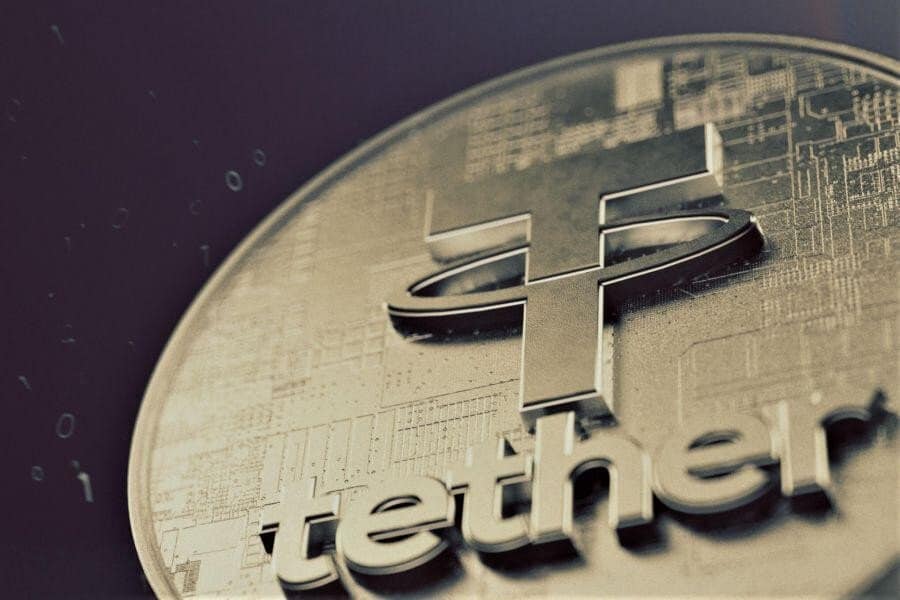In 2023, Tether saw its assets approach the $100 billion mark, following a $6.2 billion profit according to the company’s Q4 attestation report released on January 31.
The financial surge, detailed in Tether’s latest financial statements, reflects a strategic allocation of assets.
Tether’s Financial Milestones
Roughly $4 billion of those profits were “generated by US Treasuries, Reverse Repo and Money market funds,” where the company keeps the vast majority of its reserves.
As of December 31, the stablecoin giant held total assets worth $97 billion, versus $91.6 billion in liabilities.
“The fourth quarter witnessed a record-breaking net profit of $2.85 billion, of which ~$1 billion in net operating profits (were primarily interests from US Treasuries) with the remaining primarily from the appreciation of Gold and Bitcoin reserves,” Tether stated.
Throughout last year, Tether used most of its profits to top up its excess reserve stash as insurance against insolvency. Now worth $5.4 billion, these excess reserves fully cover Tether’s outstanding secured loans worth $4.8 billion.
Tether Q4/2023 attestation is out.
My summary:
– profit for the quarter: $2.85B, of which ~$1B in net operational profit (mainly US t-bill interests), ~$1.85B from gold and #bitcoin holdings.
– total profit for 2023: $6.2B.
– cash & cash equivalents cover now 90% of all… https://t.co/AXjDw33QTc
— Paolo Ardoino 🍐 (@paoloardoino) January 31, 2024
Such reserves were widely criticized in the past for adding risk to Tether’s portfolio should they not be repaid. As the largest stablecoin issuer, Tether must ensure that its stablecoins remain backed 1:1 by US dollars at all times for the token to retain its value – or risk an industry-wide financial wipeout.
Tether’s Asset Breakdown
The bulk of Tether’s portfolio features $82.06 billion of “cash and cash equivalents,” including $80.3 billion worth of US Treasuries.
It also bears the fruit of more recent investments, including $3.6 billion in gold, and another $2.1 billion worth of Bitcoin (BTC), alongside $5.6 billion of “other” holdings.
Tether has also invested $1.5 billion into VC investments in areas like AI infrastructure, Bitcoin mining, and P2P telecommunications technology. These assets aren’t considered part of the reserves backing its tokens.
Tether CTO Paolo Ardoino said:
“The substantial net profits generated not only in the last quarter of the year but throughout the year, amounting to $6.2 billion, showcases our financial strength.”
In December, Cantor Fitzgerald CEO Howard Lutnick confirmed to CNBC that his firm holds Tether’s Treasury bills, quelling concerns that Tether’s stablecoins weren’t fully backed.
Tether is by far the largest stablecoin by market cap, with its closest competitor – Circle – boasting $26.7 billion of coins in circulation. Last month, Circle filed for an initial public offering.
Tether’s financial achievements in 2023 reflect a year of substantial growth and strategic asset management. With a focus on diversification and maintaining a solid reserve, the company has reinforced its position in the stablecoin sector. As Tether moves forward, its continued emphasis on financial stability and asset-backed security will be important for its operations and for maintaining user confidence.
Read the full article here




